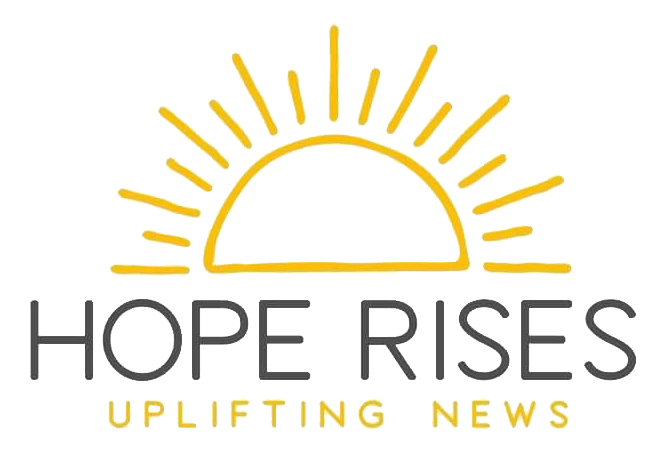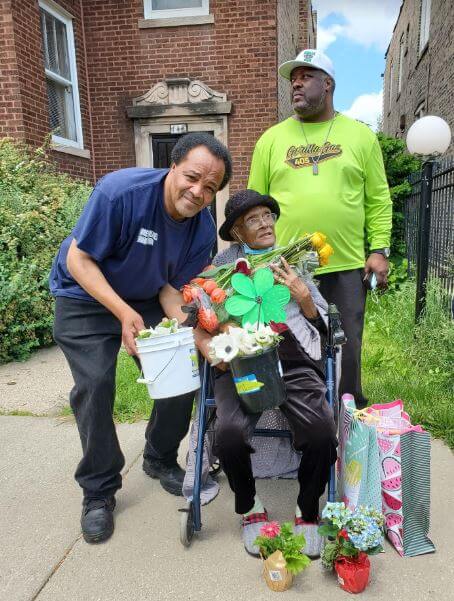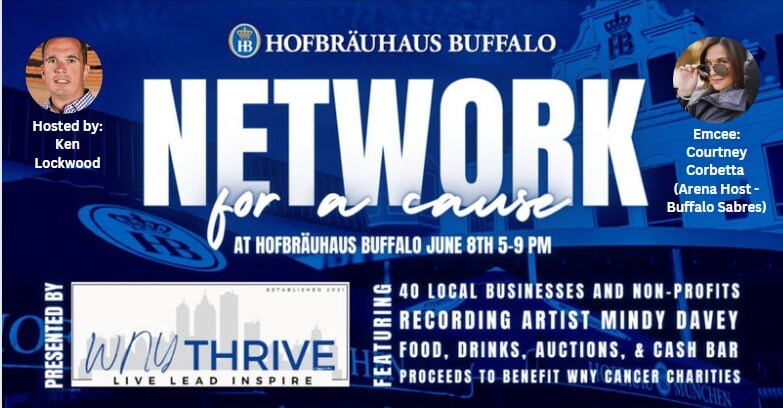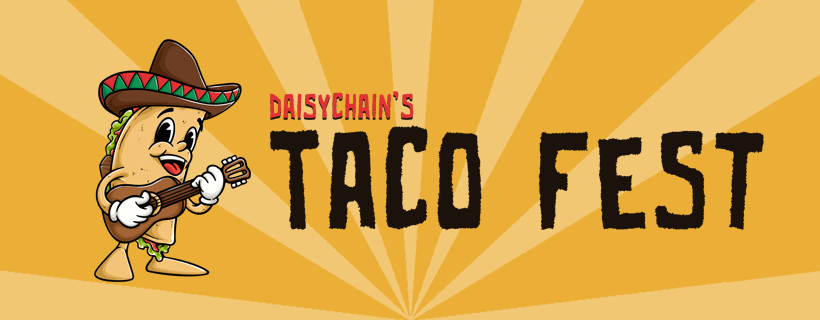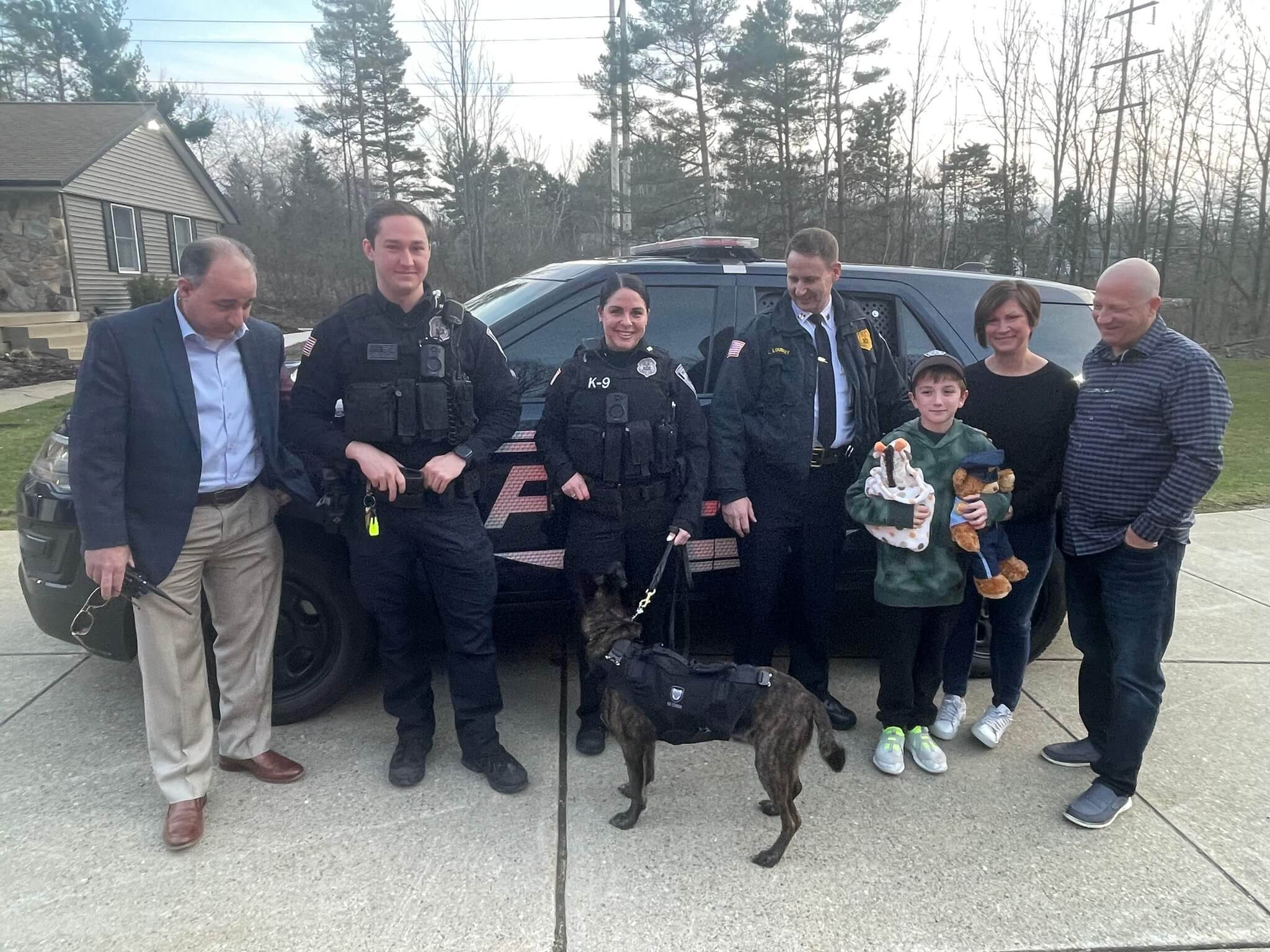“I have to find something! Anything! Please! Any piece that will be enough to ensure I won’t be sick.
I know my dealer won’t have anything for the next couple of days. Maybe the last time I crushed one to snort, something broke off and went under the bed… or …next to the nightstand. Wait! I used the dresser last time to crush one up, maybe there’s something behind the mirror, or mixed into the carpet on the floor in front of it.
BUT…nothing. What am I going to do? I have my cousin’s birthday party tomorrow. I have to be ok for that. I can’t be sick!


I struggled with scenarios like this on the regular during the darkest days of my addiction. Crawling around on my hands and knees in my bedroom hoping to find pieces of OxyContin, so I wouldn’t have to face withdrawal symptoms. Trying to fight the mental battle of not having any opiates left to make myself feel better, when I knew I was headed towards my worst, was a war I was losing fast.
It all started off as a party when I was in my 20’s. Go out, have some drinks, get a bag of coke, share it with friends. Repeat the next weekend, and the next, and the next. ‘Oh! I can bartend and get paid to party? Sign me up!’
Then my 20’s became my 30’s, and those scenarios trickled into Mondays, sometimes Tuesdays, and Wednesdays. ‘Thursday is a good party night, and I’ll just sleep until 6pm, get up and be ready for my Friday and Saturday night…Oh, and we have to go to the Bills game on Sunday? Better get 2 bags of blow so I can get through it.’
At one point, the drinking became more often, the cocaine amounts became bigger, the hangovers hurt more, the people I hung out with became sketchier. The opiates made me feel better. They became my best friend. They allowed me to not feel the pain of a hangover. They helped me bounce back for the next shift at work, they allowed me to think clearly when I was feeling cloudy. When I discovered them at the age of 22, they also did something else for me. They covered up the sadness and hurt of my parents divorce.
They aided me in disagreements with close friends who were fed up with my shit. They helped me not have to stress over arguments with my girlfriend. When she left me, they were there for me. ‘You don’t need to feel sad, dude. You’re a happy guy. You are the rock star, the life of the party. No one can tell you what to do. You don’t need anyone, you got me.’
My opiate addiction consumed me. It owned my mind, it controlled every decision I made on a day to day basis. It destroyed friendships, it put a strain on my family, it turned me into a liar, a cheat, a thief, and ended relationships with people that truly loved me. Those pills were my worst enemy disguised as my best friend.
They became the Devil on my shoulder that I was growing sick and tired of listening to. After two drug related arrests, another failed relationship, multiple failed attempts to stay clean, and three very specific incidents of not knowing if I would make it to the next morning, I finally realized this wasn’t the life I was destined for.
I tell people my story often, and I always hear the same thing, ‘Oh my god, I had no idea!’ I also hear, ‘Well…at least you weren’t a junkie.’
The crazy thing about that is no one has any idea what you’re going through. Yeah, I wasn’t the homeless guy sitting under a bridge shooting up, but do you think that homeless guy’s story started there? Do you think he didn’t have some sort of life before that? Do you think he never ever experienced any sort of happiness? I could have become him. Many people do and, yes, I was a ‘junkie’.
I may have not been the version that you created in your mind, but I most certainly fit the bill. For the record, that word is terrible, and mean. You never know the demons someone is trying to escape while in the midst of it all. Call us what you will until it affects someone you love, and then let me know if you think they are a ‘junkie’. The scariest thing is that you never have your addiction beat. It is work EVERY. SINGLE. DAY.
Does it get easier? Of course! However, in 2015, 9-months clean, I felt I had it beat right before my second relapse. Now, coming up on four years sober on July 12th, I look at it like this:
Every day is a fight. I’m going to acknowledge your power every single day because you are the most formidable opponent I will ever face. If you are doing 100 push-ups in the corner, to try and take me out again, I will do 200. I will run ½ marathons, and go to the gym six days a week. I will become the absolute best version of myself, do the things that I love the most, put myself around people who love and care about me, work towards my dreams harder than I hope for them, and you can bet every dollar in this world that I will continuously move forward so I am always one step ahead of you!
Unfortunately, not everyone is as lucky as me. You see, no one wants to be an addict. We all deal with sadness, pain and hurt. Most of us have a way of dealing with them without self-destruction. Addicts can’t help but turn to things that destroy. It is a disease. It is a mental health disease. Most people who have never experienced addiction in their family have no idea about any of this, but statistically, it is bound to affect them at some point.
Get educated on what to do. If you suspect someone is struggling, reach out in a kind, and loving way and offer your support. If they don’t seem ready, that’s ok, be there for them. You can’t lead a horse to water and force it to drink, but you most certainly can make it thirsty. Often times that is all it takes to guide them towards a new path in life. Although it is a choice to pick up and use, the mental war to NOT is what most do not understand.
Be there for the people you love and care for. In the end, it’s all that matters.”
We thank Brandon Trusso for allowing Hope Rises to share his incredible story of determination and honesty through his darkest moments. Follow his blog here.

